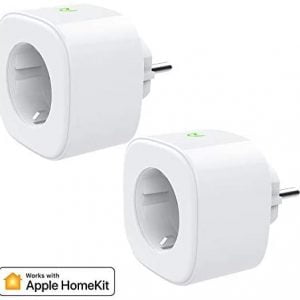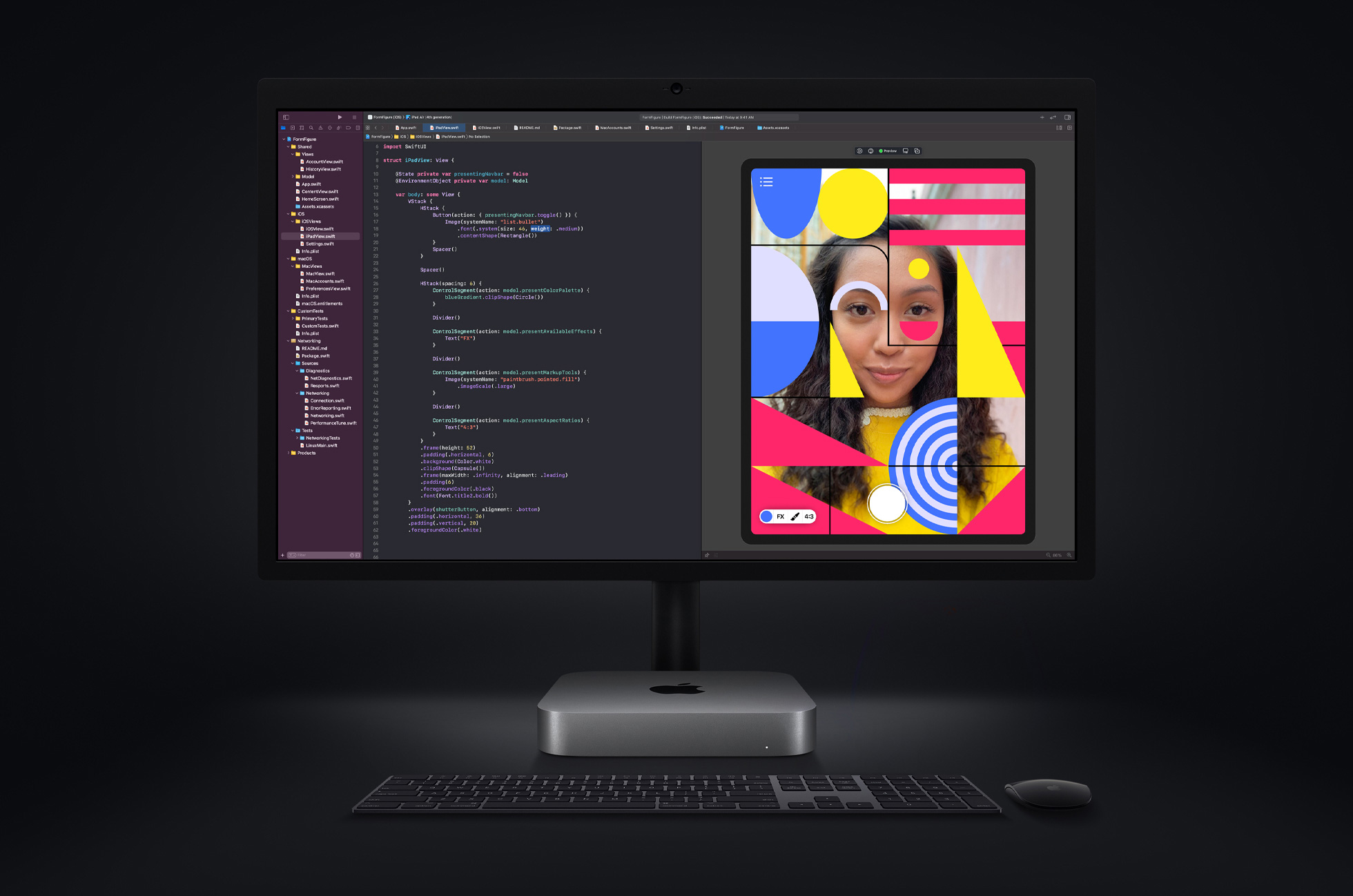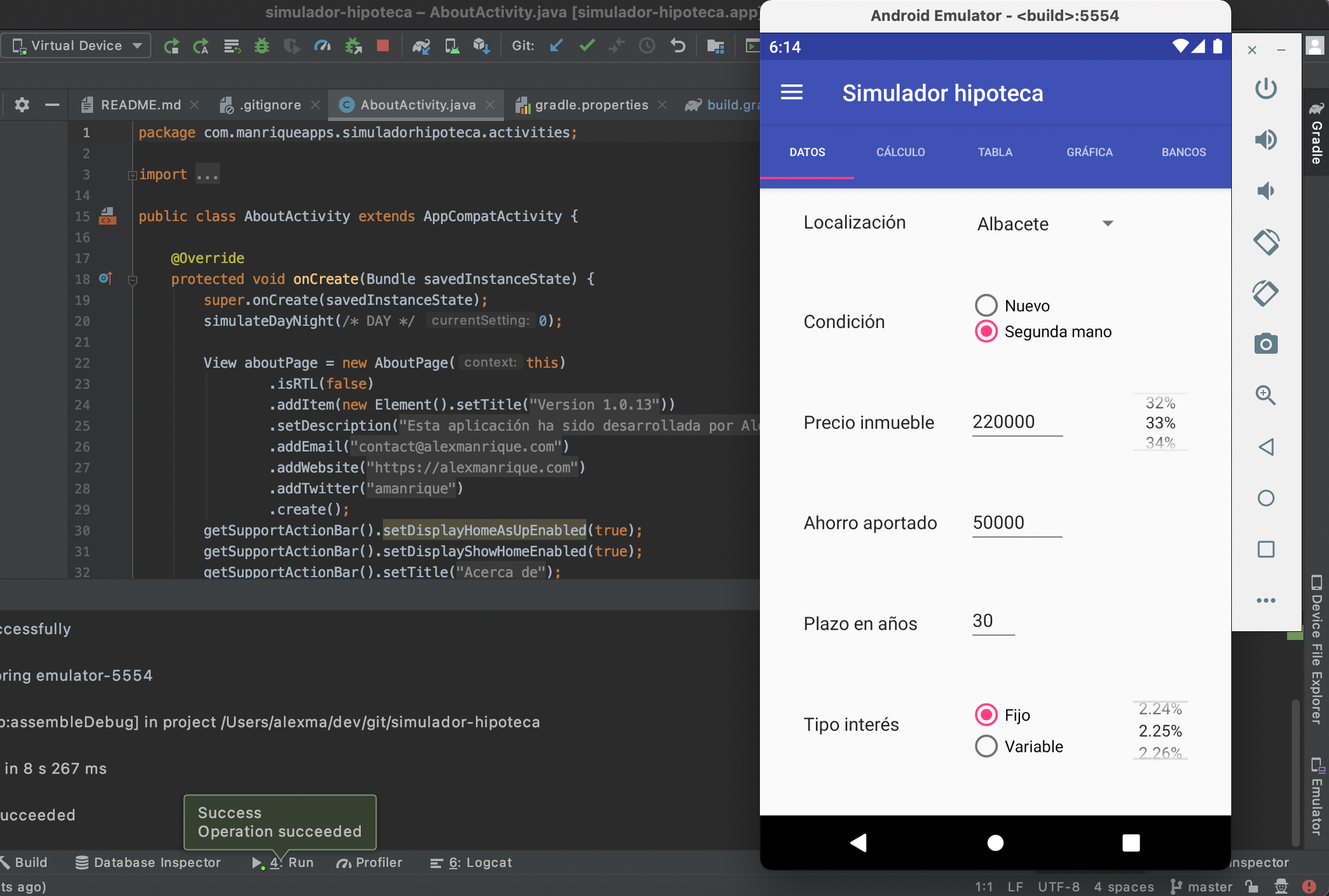Mac Mini M1 Android Emulator
Macs powered by Apple silicon, such as the M1 MacBook Pro, can run both iOS apps and Mac apps, but they can also run x86-64 software that's been built to work on Intel architecture, thanks to. The Android Studio version will follow shortly after that. Having said that, I use my M1 for professional development and android studio runs just fine under rosetta. It's at least as fast as my 2018 intel laptop, even under rosetta. Granted I'm using the Mac Mini so the M1 chip never throttles down. Now They work on M1 Macbook Air!Homebrew is not a virtualization 😅 Other three softwares are!Tell me what you think after watching this video.Macbook Air Mo. The team behind the Dolphin emulator has developed a native version for Apple’s M1 Macs. Expect major performance gains over Intel-based Macbook Pro models and Dolphin under Rosetta. If you want to install Windows 10 on an M1 Mac, you’ll need to use Parallels. Parallels starts at $79.99 for the basic standard edition. Boot Camp, though, only requires a Windows license.
I just got a new Mac Mini with M1 CPUs. The first thing I did was install Chrome. The next thing I did was install Flutter.
So I went to flutter.dev and downloaded the latest build. I extracted it, then created a new .zshrc and added flutter to my PATH. Then I ran flutter. It started downloading the Dart SDK, then threw this error:
A quick search on Google led me to this post. I installed Rosetta, then made Terminal.app open with Rosetta. For now I'll do this at the cost of performance, so that I don't have to hunt down which ones are compatible and which ones are not compatible with M1 yet.
And now that it's running fine, I realize there was indeed a note on installing Flutter on Macs with M1 processors:
Android Studio, Android Emulator, Visual Studio code are not ready for a stable build for M1, but it's being worked on. Things should get better in a few months at most. Until then there's always Rosetta.
Selecting an arm64 version of Android R did not work. So I had to use the emulator preview release.

It works mostly fine, except for WebView, says the documentation. When I tried it, it worked indeed. Then I launched my app, and clicked on the button to sign in. I'm using Firebase Auth, and what it does is, it makes you sign in... in a WebView. The WebView never showed up, and so I am unable to test my app in the emulator.
Can I run the Intel version of the emulator with Rosetta? No because the emulator uses virtualization, says the Android Studio team.
So I am stuck using my slower MacBook until they release a proper emulator.
Mac Mini M1 Ports
Fast forward a few weeks, and it looks like new versions of the Emulator have been released. According to this post, it's even downloadable through the AVD Manager in Android Studio!


Android Studio M1
I followed the steps and downloaded the same image. However, the Emulator refused to run. The error was something like 'The Emulator was killed'. A quick search on Google reveals that quite a few users ran into the same issue a few days ago:
It looks like version 3 is broken, but version 2 isn't. The users show a way to manually replace that image with an old one, but I simply opted for downloading the separate Alpha Emulator from GitHub at https://github.com/google/android-emulator-m1-preview/releases/tag/0.3.
Mac Mini M1 Android Emulator Download
This version has WebViews, so I was able to run my Flutter app and sign in with Google. That will suffice for now!